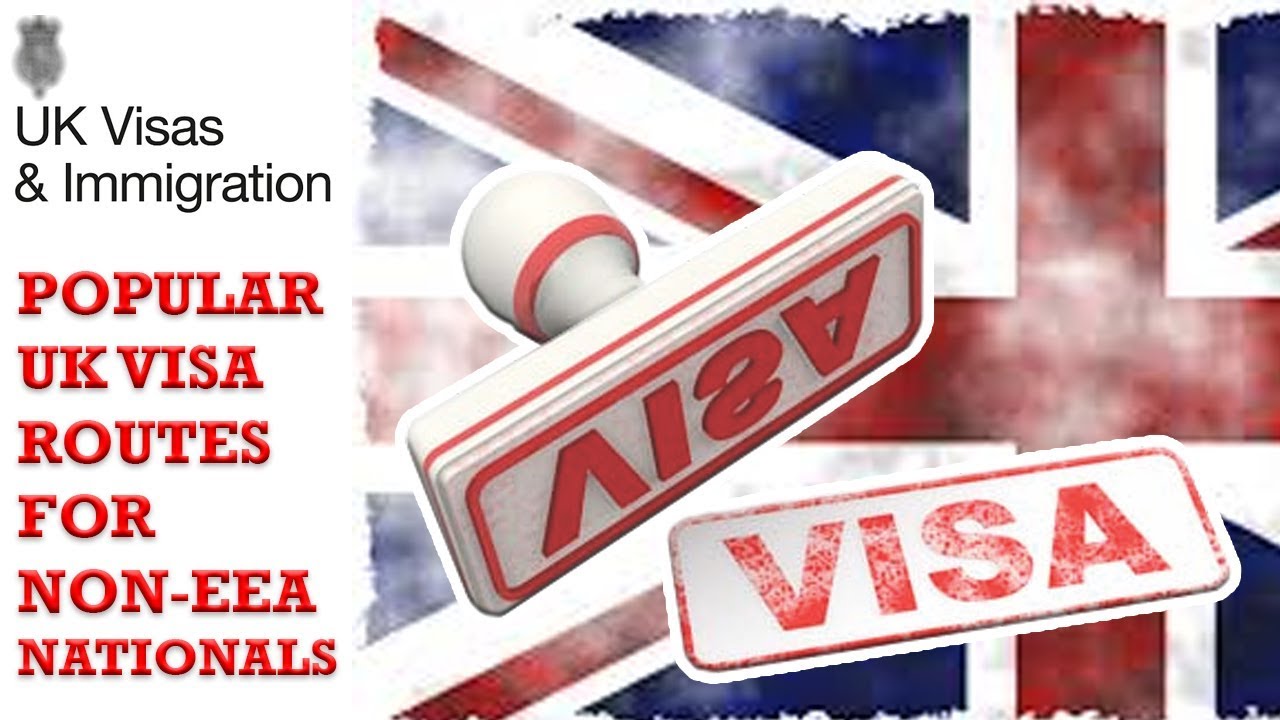Popular UK Visa Routes for Non-EEA Nationals
Despite Theresa May’s hostile environment in regard to immigration policy, the UK is still a hugely popular destination for non-EEA nationals to migrate to, whether it be for business purposes or to maintain personal relationships.
Popular UK Visa routes for high net worth non-EEA nationals The Tier 1 Visa category allows high net worth individuals from outside the EEA to come to the UK for business purposes. This could be solely for investment purposes under the Tier 1 Investor Visa route. There is also a route available for individuals who aim to set up or take over an existing business in the UK via the Tier 1 Entrepreneur route.
Tier 1 Investor and Entrepreneur Visa applications are Points Based System applications, therefore Applicants will need to obtain the relevant number of points in order to be successful. Both the Tier 1 Investor Visa and Tier 1 Entrepreneur Visa offer accelerated routes to settlement in the UK, depending on the level of investment.
A main requirement of the Tier 1 Investor Visa is that Applicants must demonstrate they can invest a minimum of £2 million into the UK.
The benefit of applying for a Tier 1
Investor Visa is that there is no English language requirement and Applicants can apply for their family members to join them as their dependents. Tier 1 Entrepreneur Visa requires a minimum investment of £200,000 in either an existing UK business or to set up a new business.
Unlike the Investor Visa, however, there is an English language requirement that needs to be satisfied. Furthermore, Tier 1 Entrepreneurs must ensure they have a solid business plan that they know inside out in order to pass the Genuine Entrepreneur Test. In some cases, Tier 1 Entrepreneur Applicants may be invited for a Home Office interview.
Popular UK Visa routes for non-EEA workers
Skilled migrant workers from outside the EEA may apply for a Tier 2 (General)
Visa in order to come to the UK and work for a UK employer. Applicants must have a job offer from a Tier 2 licensed employer from the UK before they can apply.
As with the Tier 1 Visas, Tier 2 Visas are also Points Based System applications, and Applicants must acquire 50 points for attributes, 10 points for maintenance and 10 points for English language. The maximum length of the Tier 2 (General) Visa is 5 years and 14 days, or the time given on the certificate of sponsorship (CoS) plus 1 month, whichever is shorter.
Tier 2 workers may bring their dependents to the UK and there is also the possibility of settlement after 5 years on the Tier 2 (General) Visa route. For temporary migrant workers, there is the Tier 5 (Temporary Worker) Visa. The categories include creative and sport, charity and religious workers.
As with the Tier 2 (General) Visa, Applicants must first have received a job offer from a fully licenced employer in the UK. Tier 5 Applicants must score 30 points for CoS and 10 points for maintenance. Similar to the Tier 1 Entrepreneur category, Applicants will have to satisfy the Genuine Tier 5 (Temporary Worker) Migrant Test.
Popular UK Visa routes for non-EEA nationals based on relationship to a British citizen
UK Visa applications based on relationship to a British citizen are hugely popular. The Spouse Visa route allows the non-EEA spouse or civil partner of a British national or person present and settled in the UK to join them in the UK.
There are a number of requirements that Applicants must meet, including the minimum income requirement, English language and demonstrating they have a genuine and subsisting relationship with their spouse. Non-EEA nationals who wish to get married to their British partner in the UK and then apply for the spouse visa may do so via the Fiancé Visa.
This is an entry clearance application which will give them leave in the UK for 6 months, during which time they can marry their Sponsor. Once married, they may then apply for the Spouse Visa. The requirements for the Fiancé Visa are similar to the Spouse Visa.
Further, the Unmarried Partner Visa is an option for couples who do not wish to get married but still want to build a life with their partner in the UK.
Again, many of the requirements such as maintenance and English language are similar to the Spouse Visa. The key additional requirement of the Unmarried Partner Visa, however, is that the couple must be able to demonstrate they have cohabited for at least 2 years. This can be in in the UK or abroad.
All of the above relationship routes are considered using Appendix FM of the Immigration Rules. There is a 5 year and 10-year settlement route for Spouse Visa and Unmarried Partner Visa Applicants, depending on individual circumstances.
Using Legal Representation to apply for a UK Visa
Legal representatives, such as specialist immigration and visa law firm, are qualified to advise you on immigration law and your immigration status. It is possible to instruct an immigration and visa legal representative to make an application on popular UK Visa routes.
Caseworkers at the Home Office are trained to reject UK Visa applications which are improperly prepared, for example by failing to provide the correct supporting evidence. In order to ensure your application succeeds, all necessary documents must be provided. This can be a significant administrative task and you will need to submit the correct documentary evidence.
The UK Immigration Rules are complex and a legal representative can help ensure that your application meets the Immigration Rules.
See Also:
UK VISA SPECIALISTS: WHY TO HIRE THEM??


Leave a Reply